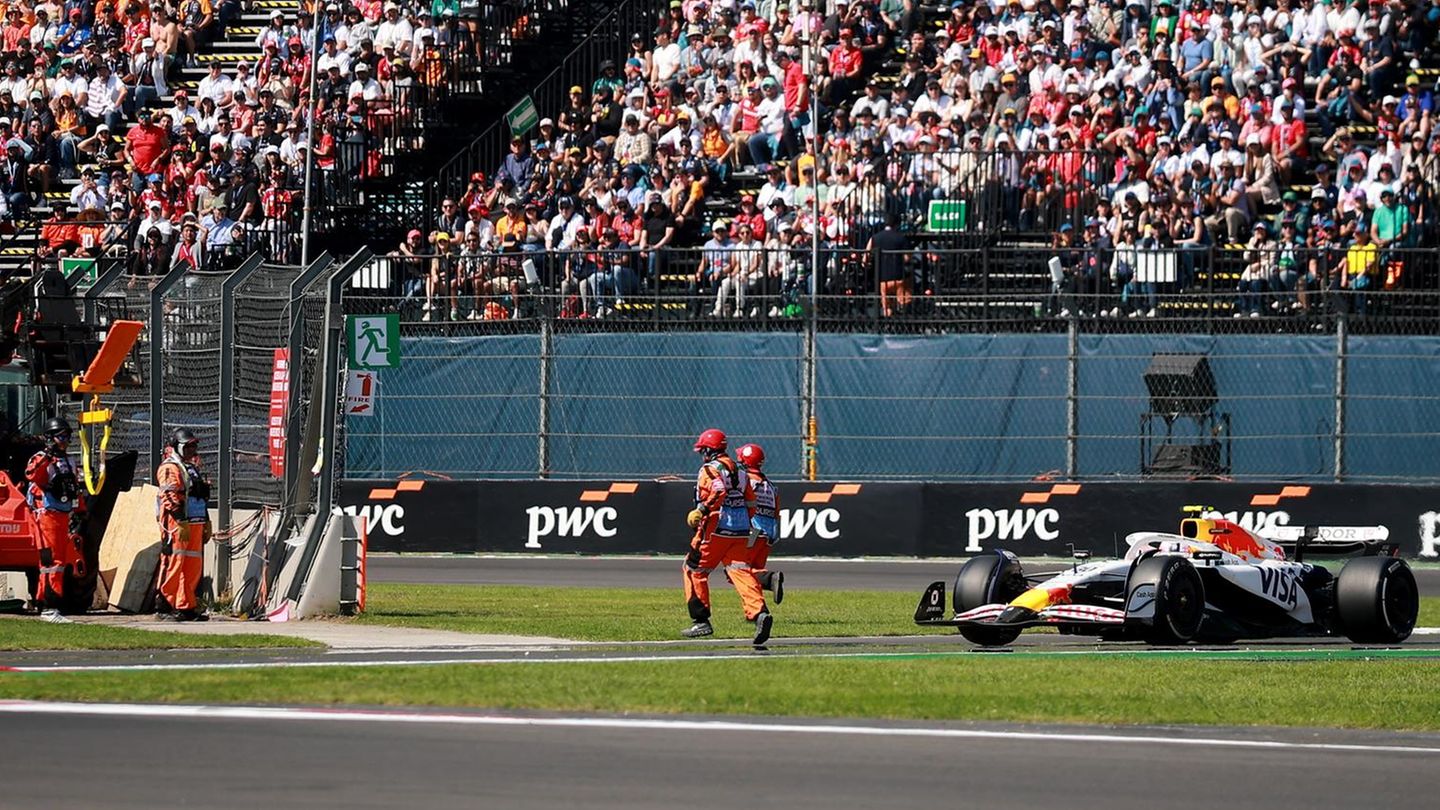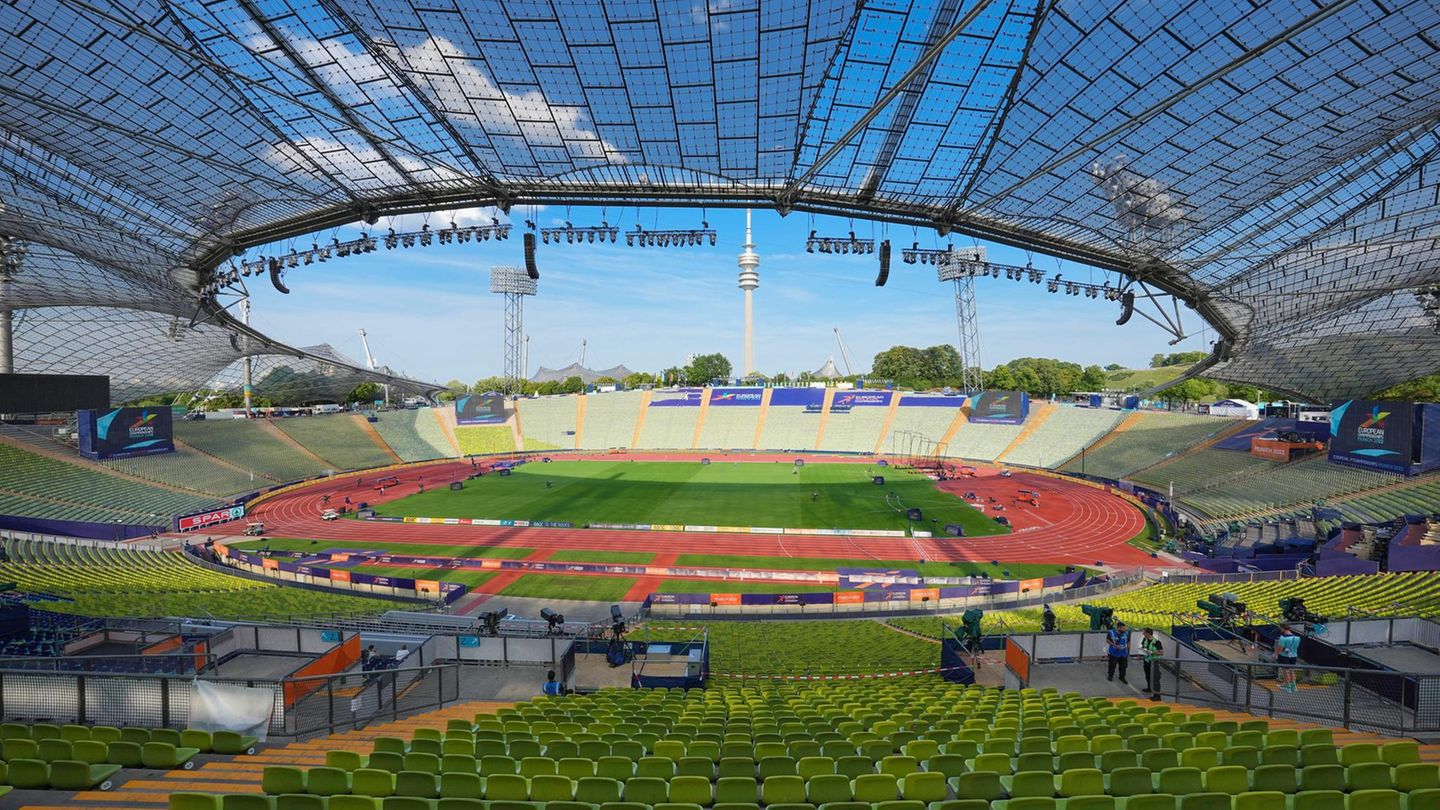Bliss The decline in sales occurred during a period of the year in which, seasonally, consumption is usually high. But a series of factors came together to modify this scenario during the last part of December: the inflationary acceleration and the consequent erosion of purchasing power, added to a “overtaking” in the shopping Prior to the inauguration of the new Government and the devaluation of the official exchange rate, demand contracted in the second part of December.
Forward, precisely, Lower consumption could be the “anchor” that contains inflation. A price increase that, analysts estimate, could begin to slow after the first quarter of 2024.
As a Focus Market report noted, Mass consumption showed a decline of 8.4% in the third week of December (the one before Christmas) compared to the previous week, and a decrease of 38.4% when compared to the same week of the previous year.
“The number of tickets fell 6.4% compared to the previous week and 22.9% compared to the previous year. While units per ticket remain stable, but fall 15.7% compared to the same week last year,” the study noted.
As Damián Di Pace, director of Focus Market, pointed out, “Consumption began to show a strong deterioration in December, which is seasonally the month with the highest sales of the year”. “Less pedestrian flow and visits are perceived at points of sale with drops in purchase volumes. Income loses purchasing power very quickly,” summarized the analyst.
Another factor that influenced the drop in consumption compared to previous weeks was that “Argentines were making purchases before the ballot and before the inauguration of the new president.””. “At the same time, advance purchases were also recorded prior to the devaluation of the official wholesale exchange rate. That is, consumption was advanced, postponing present and future consumption. The present due to previous stockpiling and the future due to loss of income due to the variation in prices of all mass consumption goods,” Di Pace stressed.
Fall in consumption, the “anchor” of inflation
prices-inflation-basket-food-supermarkets.jpg
Due to the acceleration of inflation, mass consumption slowed in the second half of December
Argentine News
The decline in consumption in the last weeks of December put a stop to the strong acceleration in prices of the previous weeks. Although, in any case, it continued at high levels. For example, according to the survey of Food and Beverages carried out by the LCG consultancy, in the fourth week of the month an inflation of 7.1% was recorded weekly, slowing down 4.4 percentage points (pp) compared to the previous week.
“Howevermonthly average inflation continued to accelerate, reaching 27.1%. The accumulated figure for the last four weeks rose to 36.1%, leaving significant drag for the coming weeks. The percentage of products with weekly increases decreased slightly, although it remains high: 40%, implying that the entire basket surveyed suffers almost two increases per month,” the firm noted.
This level of food inflation, they added from LCG, imposes a contribution to the general index of 8.3 pp. “On top of this we must add the direct impact of the defrosting of Fuels (+82%) and the second round effects, which would add other 6.4pp With high inertia, our inflation projection for December is 28%, consistent with an annual increase of 218%“, they concluded.
Inflation: what to expect going forward
In this scenario, different analysts consulted estimated inflation above 20% for January, although it would be one step below that of December. “For January we expect to see a certain slowdown in inflation, although it would still remain at high levels, around 20%. This would respond somewhat to the same seasonal dynamics of inflation, which makes December generally higher than January, to the exchange rate anchor and also to the contraction of consumption with salaries that, at least for now, do not keep up with price increases“, said Rocío Bisang, Eco Go analyst.
For his part, Santiago Manoukian, head of Research at Ecolatina, maintained that going forward “stabilization will fundamentally depend on the anchoring of expectations that the Government achieves, with the correction of relative prices, but also the solution of the monetary imbalance that the economy, the accumulation of reserves that are achieved in these months and finally an exchange rate unification that should arrive at some point in 2024.”
“AND Another point that will moderate inflation, or that at least is a lower risk of there being a forward spiral of inflation, is that the economic recession that we expect in the future will discipline price increases., added to a certain commercial opening that the Government is seeking. So many companies are going to be paying attention to their demand curve and there are many consumers who will not be able to validate many prices. That is why we believe that this will make the salary an anchor and that this will prevent there from being a spiral,” Manoukian concluded.
Source: Ambito




